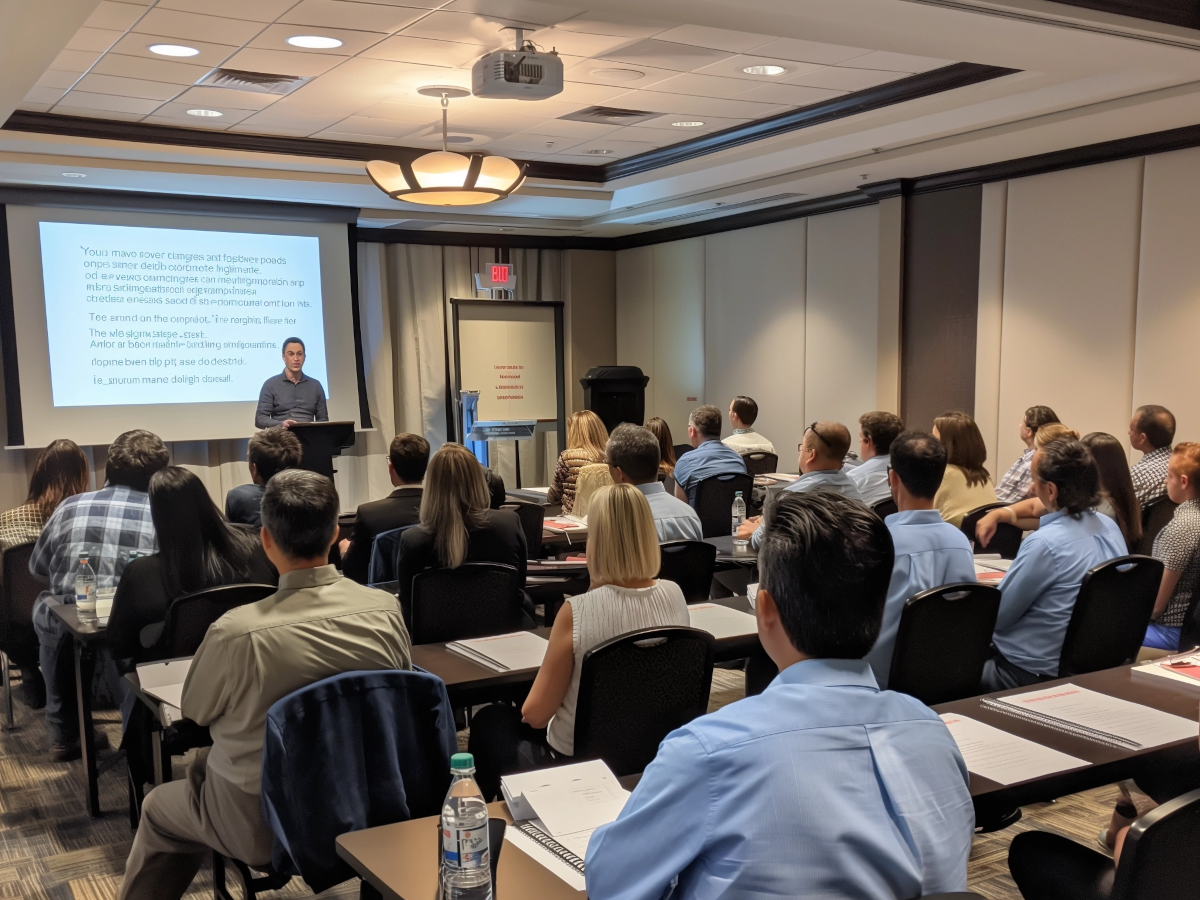
The Lifelong Learner: The Importance of Continuous Education for Property Managers
Introduction
In the ever-evolving realm of property management, the commitment to continuous learning is not just a choice; it's a strategic imperative. As the landscape of real estate and property management undergoes dynamic shifts, property managers who embrace lifelong learning position themselves for success. This article explores the crucial importance of continuous education for property managers and how it contributes to their professional growth and effectiveness.
Adaptability in a Dynamic Landscape
The real estate and property management industry is subject to constant changes, from legal regulations to technological advancements. Continuous education equips property managers with the knowledge and skills needed to adapt swiftly to these changes. An adaptable property manager is better prepared to navigate challenges, implement innovative solutions, and thrive in a dynamic landscape.
Staying Informed on Legal and Regulatory Updates
Legal and regulatory landscapes governing property management are subject to frequent updates. Property managers must stay informed about changes in landlord-tenant laws, fair housing regulations, and other legal requirements. Continuous education ensures that property managers are aware of the latest legal developments, reducing the risk of non-compliance and legal complications.
Enhancing Professional Competence
Property managers who prioritize continuous education enhance their professional competence. Whether it's gaining expertise in financial management, mastering the nuances of leasing agreements, or staying current on industry best practices, ongoing learning contributes to a property manager's effectiveness in executing their responsibilities.
Adopting Technological Innovations
Technology plays an increasingly pivotal role in property management. Property managers who commit to continuous learning can stay abreast of the latest technological innovations, including property management software, smart home technologies, and digital marketing tools. Adopting these innovations streamlines operations enhances tenant experiences, and keeps property managers competitive in the market.
Building a Comprehensive Skill Set
The multifaceted nature of property management demands a comprehensive skill set. Continuous education allows property managers to systematically build and expand their skills. From communication and negotiation skills to financial acumen and marketing expertise, ongoing learning ensures that property managers are well-rounded professionals capable of meeting diverse challenges.
Remaining Competitive in the Market
In a competitive industry, staying ahead requires a commitment to continuous improvement. Property managers who invest in their education distinguish themselves in the market. Whether it's pursuing advanced certifications, attending industry conferences, or participating in workshops, continuous learners project a commitment to excellence that attracts property owners, tenants, and business opportunities.
Improving Tenant Relations and Satisfaction
Tenant satisfaction is a cornerstone of successful property management. Continuous education empowers property managers to improve tenant relations by staying attuned to changing tenant preferences, communication styles, and service expectations. Property managers who prioritize learning can implement tenant-centric strategies that contribute to high levels of satisfaction and retention.
Networking and Peer Learning
Continuous education often involves networking opportunities with industry peers. Engaging with other property managers provides a platform for exchanging ideas, sharing experiences, and learning from each other's successes and challenges. Peer learning is a valuable aspect of continuous education, offering insights that go beyond formal training programs.
Fostering a Culture of Innovation
Property managers who embrace continuous learning contribute to a culture of innovation within their organizations. By encouraging team members to pursue ongoing education, property managers create an environment where new ideas are welcomed, and creativity flourishes. This culture of innovation positions property management teams as forward-thinking and adaptable.
Personal and Professional Growth
Continuous education is not just about professional development; it also fosters personal growth. Property managers who commit to lifelong learning demonstrate a growth mindset, resilience, and a willingness to embrace challenges. This personal and professional growth not only benefits the individual property manager but also positively impacts the overall success of the property management team.
Conclusion
In a field where adaptability, knowledge, and innovation are paramount, the property manager committed to continuous education is a formidable force. The importance of staying informed, building skills, and fostering a culture of learning cannot be overstated. Through continuous education, property managers position themselves as leaders in the industry, capable of navigating complexities, driving innovation, and ensuring sustained success in the ever-evolving world of property management.
Video
Watch the content of this Blog Post on YouTube or click the play button below.

Develop-Team GmbH & Co KG